Back to Courses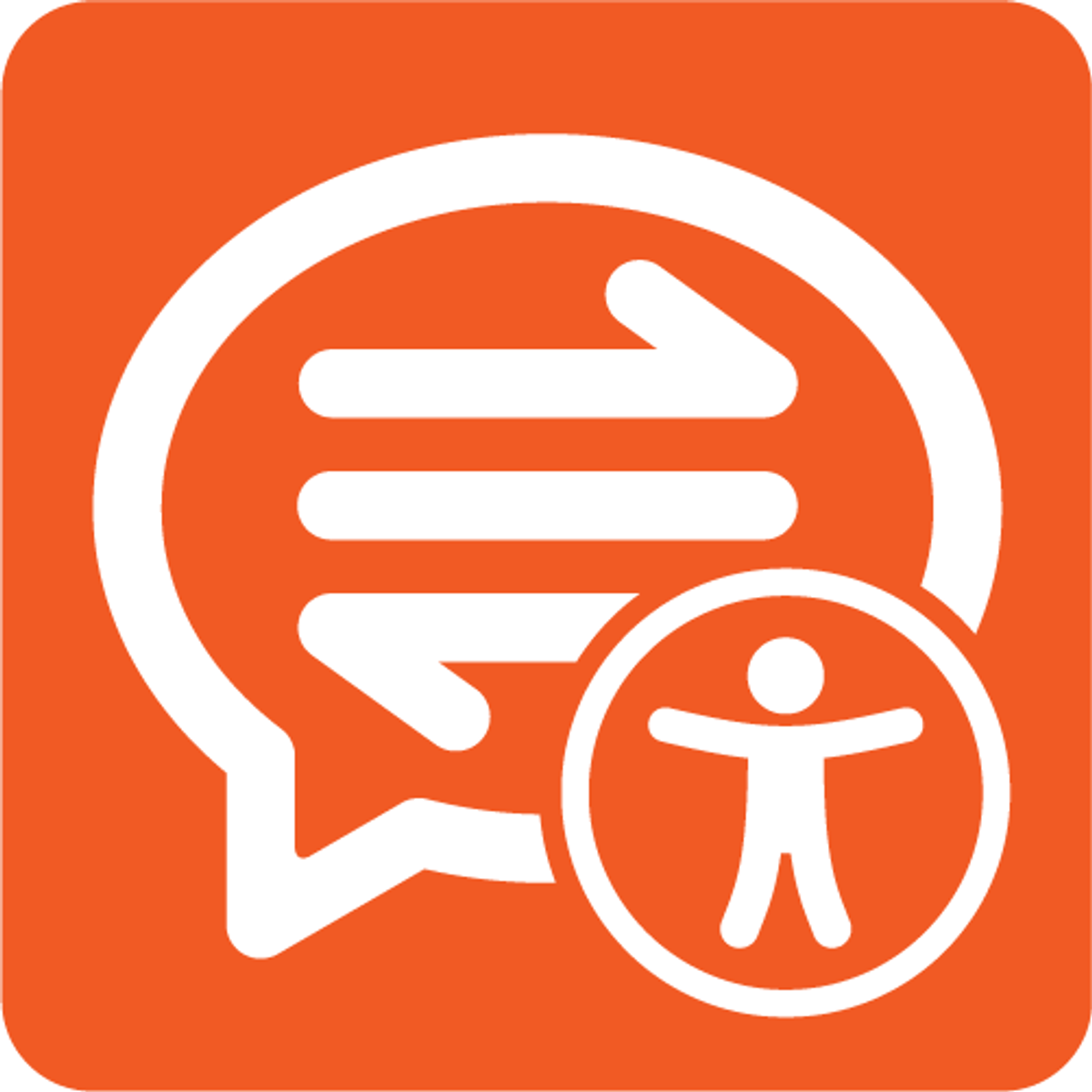

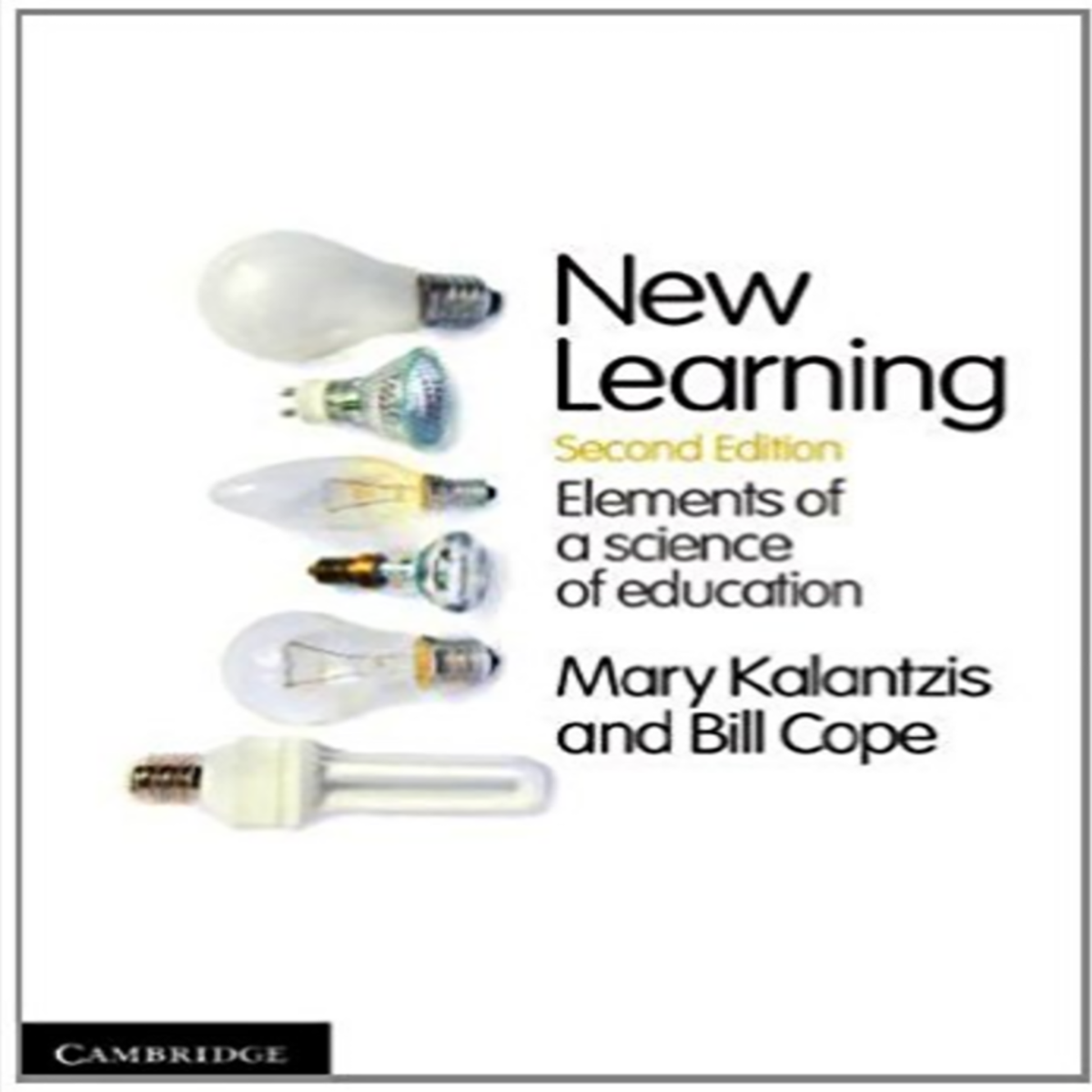



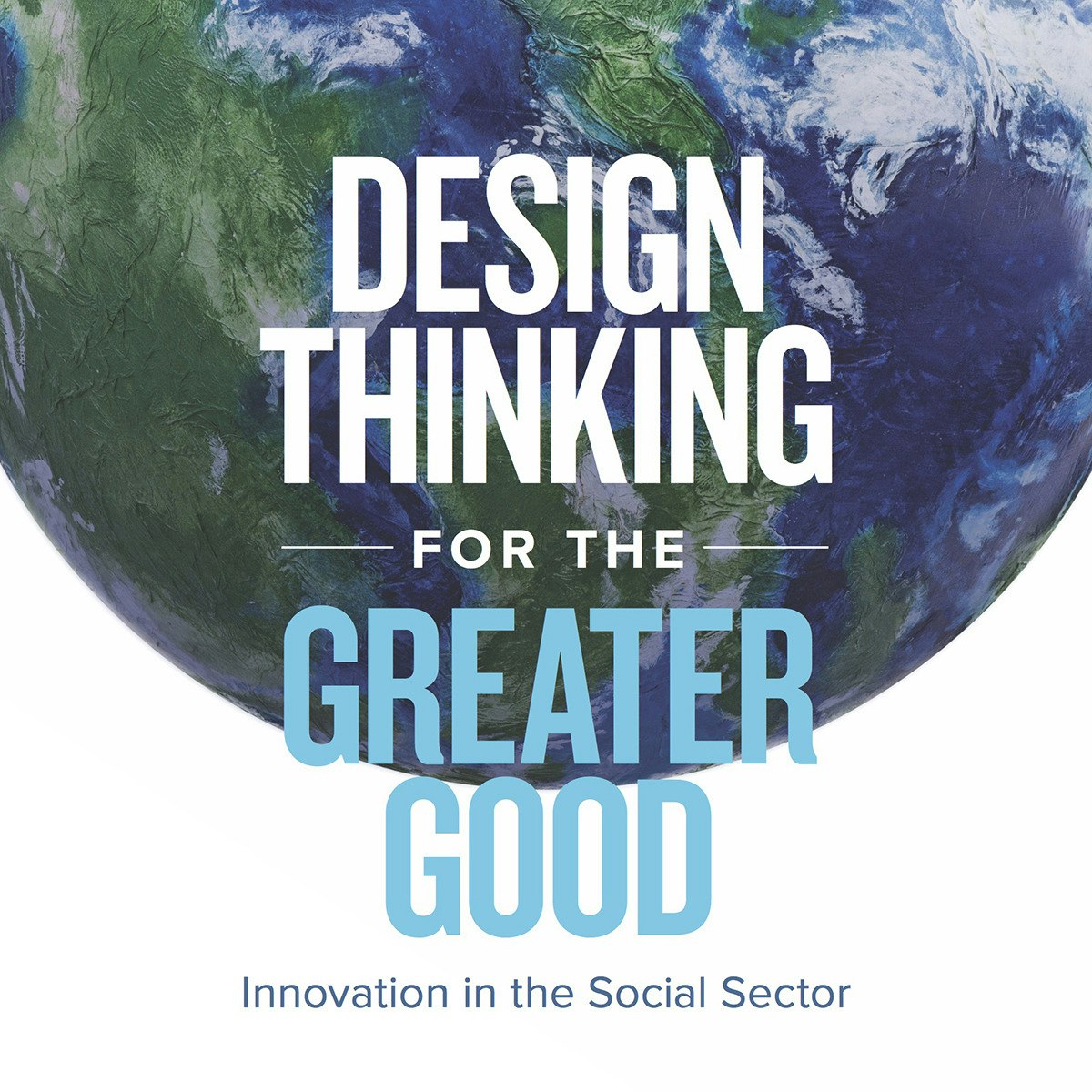
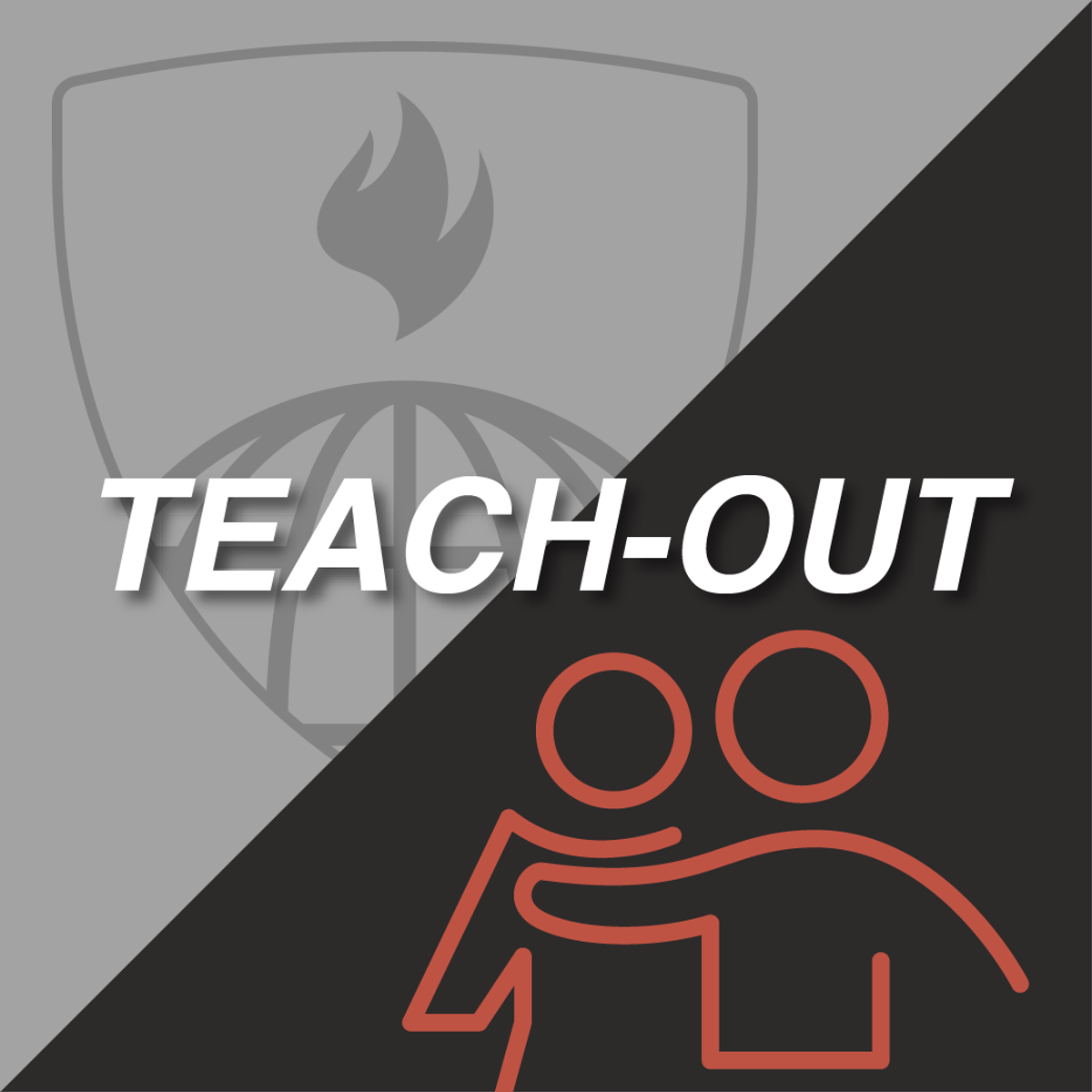

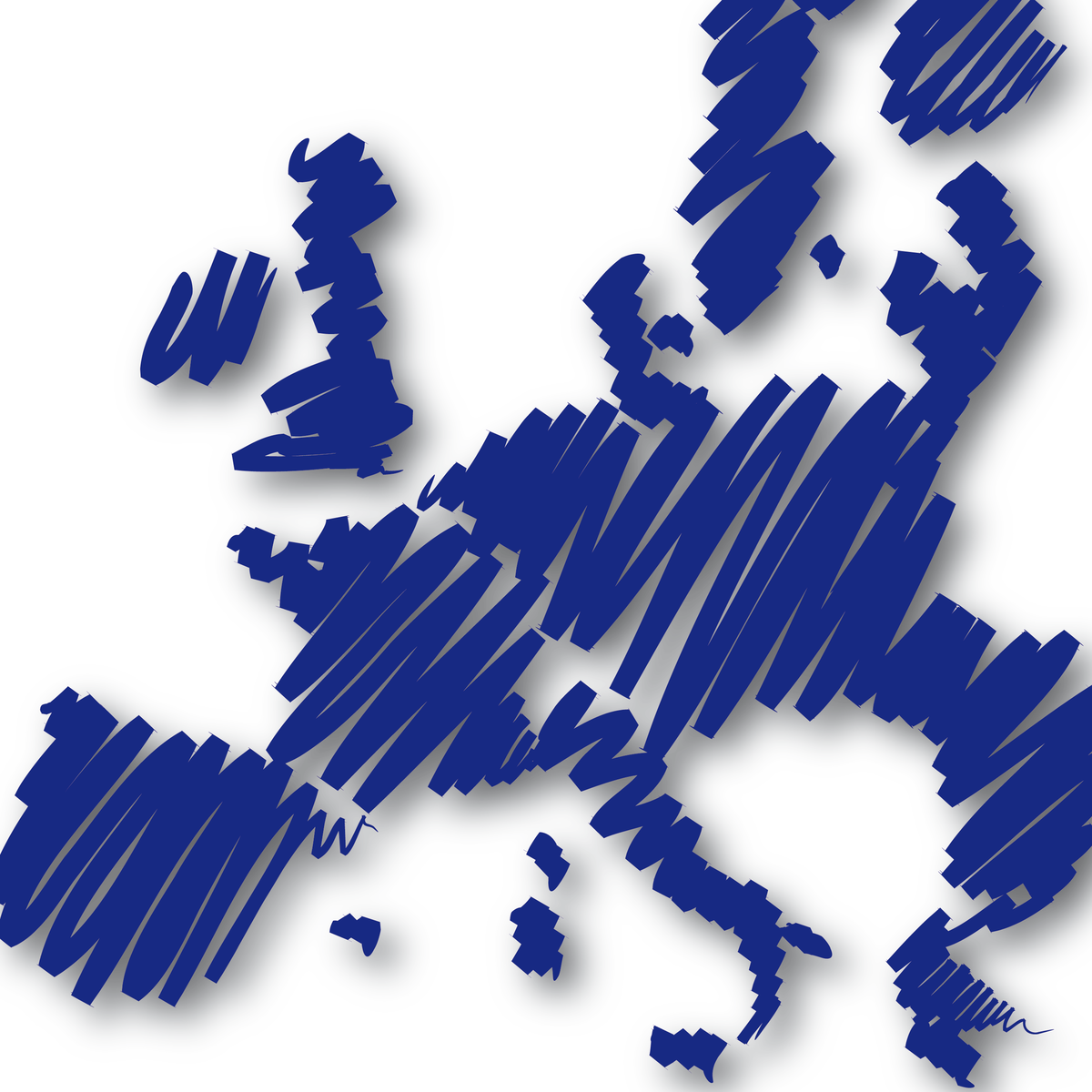
Social Sciences Courses - Page 59
Showing results 581-590 of 672
Description Design for Interactive Learning Resources
This course gives you easy access to an innovative description design framework used and created by experts in description design who design descriptions for highly interactive learning resources.
Interactive learning resources are common, fun, and effective tools that engage learners in the classroom and in remote learning environments. Many of these interactives rely on the visual display. This limits non-visual experiences, and makes many interactive learning resources inaccessible to learners with significant visual impairments or print- and graphics-related disabilities. Descriptions are verbalized text for supporting non-visual access.
This course will show you how to create descriptions, the verbalized text, needed to make interactive learning resources (interactives) accessible to learners who are blind or have a visual impairment (learners with BVI). The course weaves together concepts from inclusive design, web accessibility, and general best practices for description design for non-visual access. The main focus of the course is learning about and using the Description Design Framework created by design researchers at PhET Interactive Simulations.
Through a series of design tasks, each preempted with examples and demonstrations, the course walks you through how to design descriptions for an interactive of your choosing. While prior experience in web accessibility, interaction design, and description is useful, it is not required for this course. We share many examples from our work, and include tips and design patterns that we have created and actively use to describe our highly interactive science and math simulations. If you have an interest in creating descriptions for interactive learning resources, join us in this course. The Description Design Framework helps us take a methodical approach to the challenging task of designing descriptions for interactives, and we want to share what we know so others can design engaging descriptions that support non-visual access to interactive learning resources.

Health in Complex Humanitarian Emergencies
The Center for Humanitarian Emergencies is a partnership between CDC's Emergency Response and Recovery Branch and the Rollins School of Public Health that drives global collaboration, research and evidence based training to improve the lives and well-being of populations impacted by humanitarian emergencies.
- Center for Humanitarian Emergencies: http://www.che.emory.edu/
- CDC's Emergency Response and Recovery Branch: http://www.cdc.gov/globalhealth/healthprotection/errb/index.html
This course covers the technical and management principles that are the basis of planning, implementing, and evaluating health programs for acutely displaced populations in developing countries. The emphasis is on refugees in camp situations. The course includes modules on assessment, nutrition, epidemiology of major health problems, surveillance, and program management in the context of an international relief operation.
Course Objectives
Upon completion of this course, learners will be able to:
1. Describe a complex humanitarian crisis in terms of magnitude, person, time and place.
2. Calculate basic epidemiology measures.
3. Evaluate the strengths and limitations of epidemiological data within the context of CHE.
4. Develop public health programs and strategies responsive to the diverse cultural values and traditions of the community being served.
5. Identify internal and external problems that may affect the delivery of essential public health services in a CHE.
6. Identify the different technical areas in a public health response in CHEs.

New Learning: Principles and Patterns of Pedagogy
Education is in a state of flux – transitioning from traditional architectures and practices to new ecologies of teaching and learning influenced by the tremendous social and technological changes of our times. What changes are afoot today in workplaces, civic life and everyday community life? What are their implications for education? What are the possible impacts of contemporary social transformations on teaching and learning - including in the areas of technology, media, globalization, diversity, changing forms of work in the “knowledge society”, and, in these contexts, changing learner needs and sensibilities? This course explores three pedagogical paradigms: “didactic”, “authentic” and “transformative” learning. It takes an historical perspective in order to define the contemporary dimensions of what we term “new learning”. It prepares participants to make purposeful choices and link particular theories/instructional approaches to individual and group learning goals.
--------------------------------
Recommended Background
--------------------------------
This course is designed for people interested in the future of education and the "learning society," including people who may wish to join education as a profession, practicing teachers interested in exploring future directions for a vocation that is currently undergoing transformation, and community and workplace leaders who regard their mission to be in part "educative."
--------------------------------
Related Resources
--------------------------------
Online resources are available here:
https://newlearningonline.com
--------------------------------
Join our Online Communities!
--------------------------------
CGScholar (Create an account and join the New Learning community)
https://cgscholar.com/community/community_profiles/new-learning/community_updates
Facebook
https://www.facebook.com/newlearningonline
Twitter
https://twitter.com/neolearning
--------------------------------
Take this Course for Credit at the University of Illinois
--------------------------------
This course has the same content and anticipates the same level of contribution by students in the Assessment for Learning course offered to graduate certificate, masters, and doctoral level students in the Learning Design and Leadership Program in the College of Education at the University of Illinois.
Of course, in the nature of MOOCs many people will just want to view the videos and casually join some of the discussions. Some people say that these limited kinds of participation offer evidence that MOOCs suffer from low retention rates. Far from it – we say that any level of engagement is good engagement.
On the other hand, if you would like to take this course for credit at the University of Illinois, you will find more information about our program here:
https://ldlprogram.web.illinois.edu/overview/
And you can apply here:
https://education.illinois.edu/epol/programs-degrees/ldl
--------------------------------
The Learning Design and Leadership Series of MOOCs
--------------------------------
This course is one of a series of eight MOOCs created by Bill Cope and Mary Kalantzis for the Learning Design and Leadership program at the University of Illinois. If you find this MOOC helpful, please join us in others!
e-Learning Ecologies: Innovative Approaches to Teaching and Learning for the Digital Age
https://www.coursera.org/learn/elearning
New Learning: Principles and Patterns of Pedagogy
https://www.coursera.org/learn/newlearning
Assessment for Learning
https://www.coursera.org/learn/assessmentforlearning
Learning, Knowledge, and Human Development
https://www.coursera.org/learn/learning-knowledge-human-development
Ubiquitous Learning and Instructional Technologies
https://www.coursera.org/learn/ubiquitouslearning
Negotiating Learner Differences: Towards Productive Diversity in Learning
https://www.coursera.org/learn/learnerdifferences
Literacy Teaching and Learning: Aims, Approaches and Pedagogies
https://www.coursera.org/learn/literacy-teaching-learning
Multimodal Literacies: Communication and Learning in the Era of Digital Media
https://www.coursera.org/learn/multimodal-literacies

Magic in the Middle Ages
Magical thought has always attracted human imagination. In this course we will introduce you to the Middle Ages through a wide conception of magic. Students will have an approach to medieval culture, beliefs and practices from the perspective of History and History of Science. Popular magic, as well as learned magic (alchemy, geomancy and necromancy) will be addressed. Moreover, we will also deal with how eastern practices and texts influenced western culture. In July 2016, the course will contain a brand-new module devoted to astrology. Magic in the Middle Ages offers a captivating overview of medieval society and promotes reflection about certain stereotypes associated with this period.
At the end of the course, the students:
a) will have overcome the usual prejudices about the Middle Ages,
b) will be able to analyze historical documentation from the Middle Ages and recognize the most common patterns of juridical documents regarding witchcraft, and
c) will be capable of distinguishing between popular magic and the magic of the learned people; will have a notion of which spiritual practices were allowed in medieval Europe and which ones were related to the devil, and will be aware of the link between a cultural product and the society that produced it.
This course is taught in English, although subtitles in English, Catalan and Spanish will also be provided.
COURSE SYLLABUS
Week 1. Introduction to medieval magic (Pau Castell).
Week 2. Magic & Heresy (Delfi I. Nieto-Isabel).
Week 3. From Magic to Witchcraft (Pau Castell).
Week 4. Magic in Islam (Godefroid de Callataÿ and Sébastien Moureau).
Week 5. Astrology & Geomancy (Theo Loinaz, Delfi I. Nieto-Isabel, Godefroid de Callataÿ and Blanca Villuendas).
© Gemma Pellissa Prades (coord.), Delfi I. Nieto-Isabel and Joana Palau Mumany
Magic in the Middle Ages by Gemma Pellissa Prades (coord.), Delfi I. Nieto-Isabel and Joana Palau Mumany is licensed under a Creative Commons Attribution-NonCommercial-NoDerivatives 4.0 International License.

Tools and Practices for Addressing Pandemic Challenges
An overview of the tools, techniques, and practices that can be enacted by policy makers, countries, and organizations to monitor, manage, and react to pandemics and mitigate and govern their impacts.
An introductory, multidisciplinary course covering data science, social science, healthcare, and management, paving the way to various courses on specific matters.
This course is part of the research project 'Pan-European Response to the Impacts of the COVID-19 and future Pandemics and Epidemics' (PERISCOPE, https://www.periscopeproject.eu/). Funded by the European Commission Research Funding programme Horizon 2020 under the Grant Agreement number 101016233, PERISCOPE investigates the broad socio-economic and behavioural impacts of the COVID-19 pandemic, to make Europe more resilient and prepared for future large-scale risks.

Anticipating Your Next Battle, in Business and Beyond
In this MOOC, you will learn how to better anticipate the future, and reinvent yourself and your activity accordingly.
By the end of the course, you’ll be able to account for the broader context and the possible convergence of long-term trends, and thus be able to develop a long-term, consistent strategy and vision, beyond mere day-to-day tactics. Thanks to this approach and mindset, you will become more agile and more resilient in a highly complex and uncertain landscape.
In this class, you will not only learn the academic and theoretical aspects of strategic foresight, uncertainty and planning. We will also discuss very practical examples, ranging from a discussion on choosing the best outfit for a walk in the countryside to building a vision and strategy for a corporation as a CEO. In practical assessments, you will apply this broad approach to sample examples as well as to your personal and professional challenges.
So if you are an entrepreneur, this course will help you identify the new ideas, the new business model and/or the new products that will help you remain relevant in the future. If you are a manager or an executive, by taking this course, you will be able to test whether your current approach and allocation of resources are appropriate given tomorrow's possible challenges. More generally, all kinds of decision-makers who look to think more strategically about their position and seek to improve it will find this course useful to think about the future constructively.

Design Thinking for the Greater Good: Innovation in the Social Sector
Do you work for a nonprofit or in the social sector? Are you struggling to solve the problems and meet the needs of the people you serve? Come learn more about how design thinking, a human-centered approach to problem solving, can help you truly understand an issue, generate ideas worth testing and iterate to find solutions that make a real difference. Through global stories from areas as diverse as government, health care, and education, we’ll show you the tools, techniques and mindset needed to use design thinking to uncover new and creative solutions in the social sector.
The development of this course was supported by the Batten Institute for Entrepreneurship and Innovation at the University of Virginia's Darden School of Business. For more about the Batten Institute, see:
http://www.darden.virginia.edu/batten-institute/
@BattenInstitute
@DesignatDarden
ERPO: A Civil Approach to Gun Violence Prevention Teach-Out
Evidence shows that 1 life is saved for every 10-20 Extreme Risk Protection Orders (ERPOs) issued. ERPOs are legally issued civil orders that allow people on the front lines to ask a court to prevent a person at imminent risk of harm to themselves or others from purchasing or possessing firearms during a critical period of risk. As of October 2020, ERPO laws have been enacted by nineteen states and the District of Columbia and while some aspects differ by state, the general process for applying and issuing ERPOs are quite similar.
In this Teach-Out, a team of public health, policy, and medical experts will each provide a unique perspective to:
1. Define what ERPO laws are and how they work;
2. Share scientific evidence supporting ERPO laws as a public health approach to preventing gun violence and suicide;
3. Describe specific considerations for those eligible to petition for (aka those who ask the court to issue) ERPOs on behalf of an individual—including law enforcement, health professionals, and personal family members;
4. Discuss the legal process for passing, implementing, and enforcing ERPO laws;
5. Recommend specific call to action activities for learners designed to encourage policy makers to implement ERPO laws in states without them and strengthen existing ERPO laws in states that already have them; and
6. Provide opportunities for learners to engage in civil discourse and collective action to increase awareness about ERPOs and empower learners to advocate for ERPO laws to reduce and prevent gun violence in our communities.

International Water Law
In recent decades, international law has undergone a series of major developments in order to accommodate the many new facets of freshwater management and protection. The adoption of universal, regional and basin instruments highlights how important it is to study the evolution of international water regulations and to be able to identify the main principles in this field. This course aims to provide the necessary background to understand and examine the regulation applicable to transboundary freshwaters especially to rivers, lakes and aquifers. It presents the principles and legal standards that govern the use, sharing, management and protection of these resources.
The MOOC is made up of 5 modules. As each module addresses a different theme, they can be viewed in any order. However, the modules do follow a certain pedagogical logic and following in order will be especially helpful to those who are new to the subject. Each module is accompanied by an evaluation questionnaire or quiz. A certificate will be awarded to students who obtain an average of at least 80% in the quizzes.
By the end of this course, you will be able to:
1) Describe the issues related to the regulation of transboundary freshwaters;
2) Explain how transboundary freshwater regulations have evolved;
3) Recall and interpret the key principles governing water resource regulation;
4) Understand the role of transboundary freshwater dispute settlement mechanisms in the development of international freshwater law (or to understand the role of international courts and tribunals in the resolution of conflicts)
This MOOC was developed by the Platform for International Freshwater Law that is part of the Geneva Water Hub, assisted by the MOOC Team of the University of Geneva. Alongside the researchers and teachers of the Platform, several international experts have also participated. This MOOC is one of three courses supported by the Water Hub Geneva and the University of Geneva. The other MOOCS are "Water Management and Policy" (www.coursera.org/learn/gestioneau) and "Ecosystem Services: a method for sustainable development "(www.coursera.org/learn/ecosystem-services). The Global Water Program of the Swiss Agency for Development and Cooperation (SDC) has funded this course.
This MOOC was originally created in French. It has English subtitles.

Understanding Europe: Why It Matters and What It Can Offer You
Regardless of where you live, the European Union not only affects your life, but may also transform it. By learning how Europe works, a new world will open up to you and
discover new jobs you never heard of.
The European Union has a large, yet often unnoticed, impact on many aspects of everybody’s life. We will analyze what the EU is doing for YOU regardless of where you live. We will also look at what YOU can do for and in Europe.
Whether you are traveling, eating, working, doing business, shopping, surfing the Internet or breathing, all these activities are largely shaped by the EU. As a result no global citizen, business leader, lawmaker, lobbyist or student can effectively operate in Europe or in the world without a solid understanding of this unique laboratory of integration.
While the EU is often depicted as a monstrous bureaucratic creature, condemned to irrelevance by the emerging economies, in 50 years it accomplished what other countries took centuries to realize. The EU remains the most accomplished experiment of economic, social and political integration in human history.
Given its inherent complexities, this Course aims at empowering you on what Europe can offer and will enable you to discover jobs and opportunities you were not aware of. Indeed, throughout the whole course, participants will be confronted with real-life examples of EU action. EU affairs professionals will share their personal EU experiences and tell us about their EU jobs. You will also be able to interact with the instructor and other participants, share your opinions, question the instructor’s assumptions and hence shape the course’s content.
Popular Internships and Jobs by Categories
Find Jobs & Internships
Browse
© 2024 BoostGrad | All rights reserved